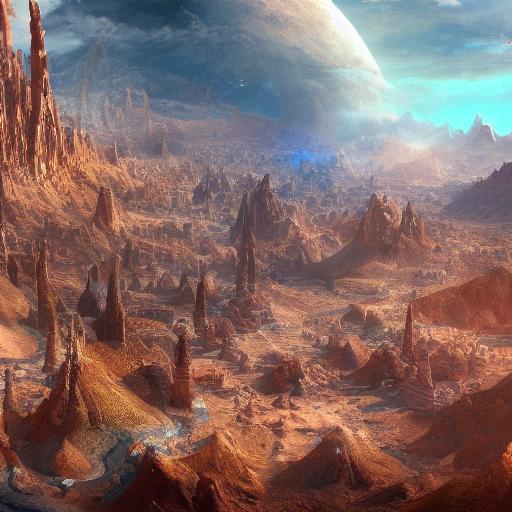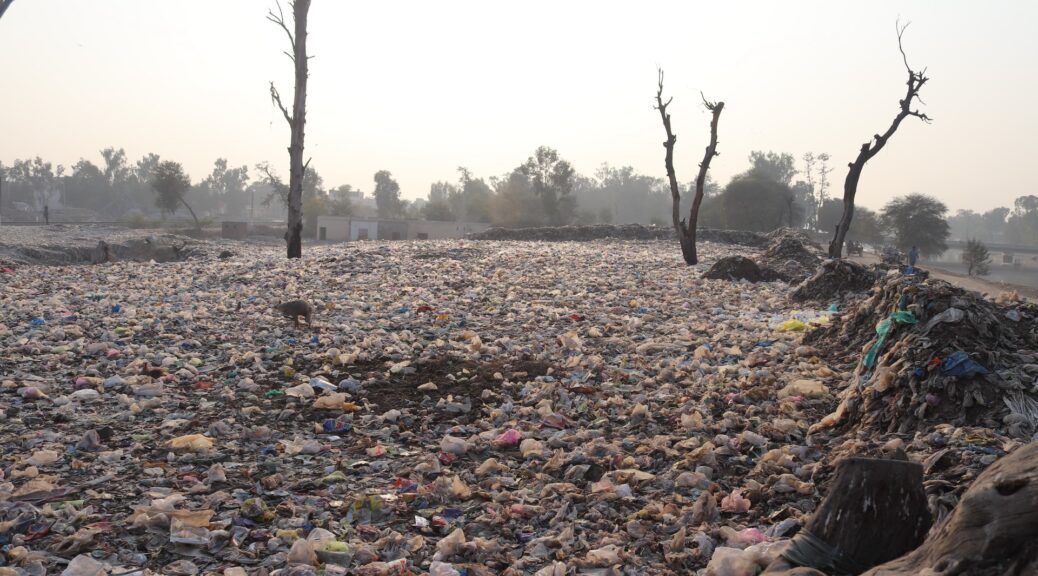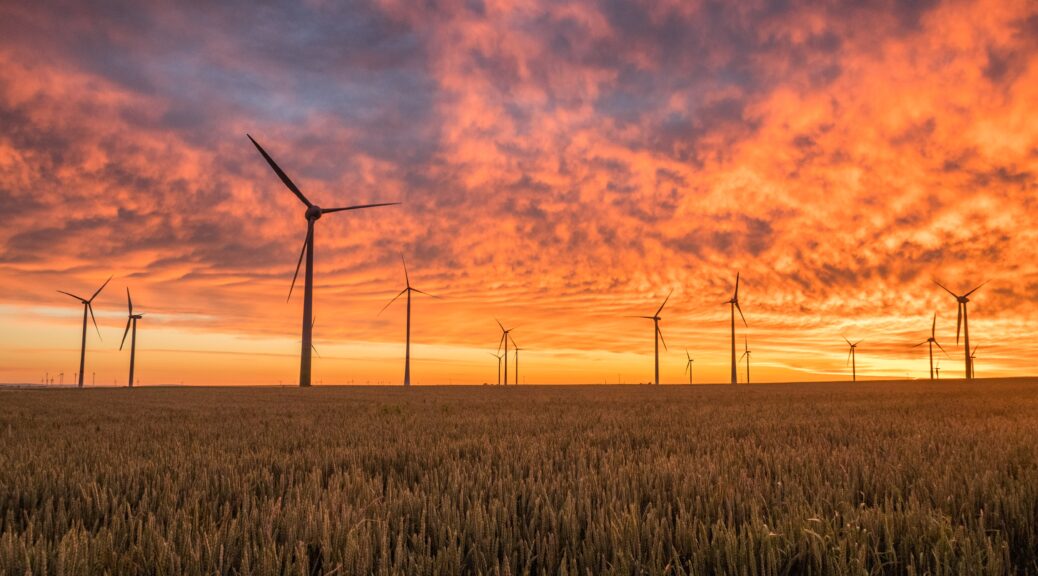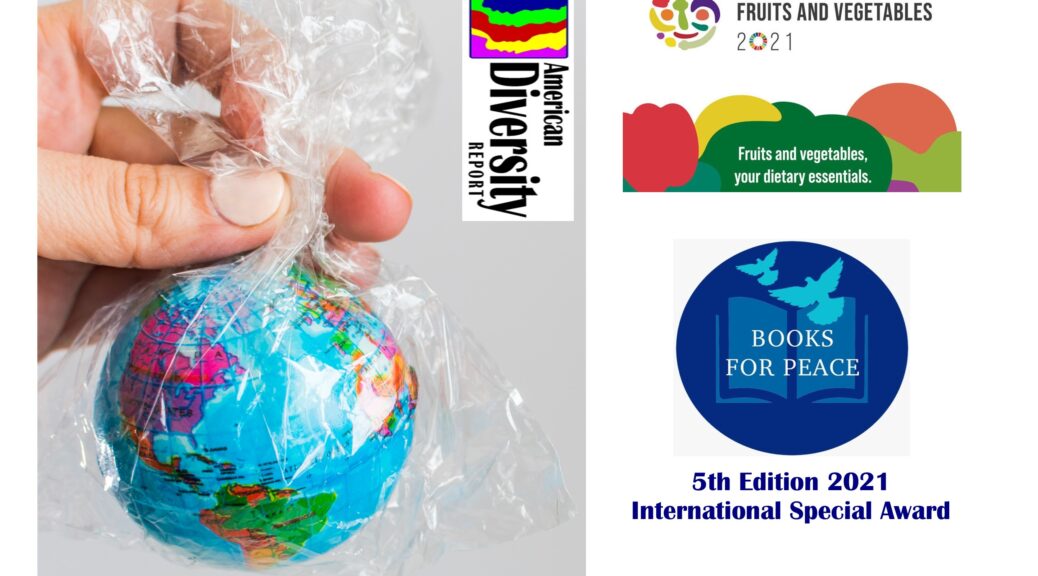The Geo-strategic Premise of Environmental Espionage – Abstract
In current times with the rise in environmental crises like global warming, deforestation, and wildfires in the geopolitical scenario, it becomes imperative to collaborate and cooperate with other nations to find solutions to such crises at the global level. However, with every nation’s ulterior motive being involved, sharing environment or resource-related information can prove to be hazardous for the various nations and states especially in the international sphere.
The larger relationship between environment-related information, global partnership, and the possibility of espionage then becomes intertwined. Moreover, this delicate intertwining of these seamlessly connected dynamics of international relations, yet the divergently different motives with which each nation-state might be cooperating highlights the transition in international relations, the changing nature of espionage and the need to keep pace with these spaces.






 I’ve always included articles on the environment in the 15 years of the American Diversity Report. When I considered doing an article on the iconic Greenpeace movement which started much of our environmental activism, I thought it would be an intellectual and historical project. But, my 93-year old Aunt Polly informed that Green-ness runs in the family,. Greenpeace is just a cousin away, including one of the movement’s matriarchs.
I’ve always included articles on the environment in the 15 years of the American Diversity Report. When I considered doing an article on the iconic Greenpeace movement which started much of our environmental activism, I thought it would be an intellectual and historical project. But, my 93-year old Aunt Polly informed that Green-ness runs in the family,. Greenpeace is just a cousin away, including one of the movement’s matriarchs.